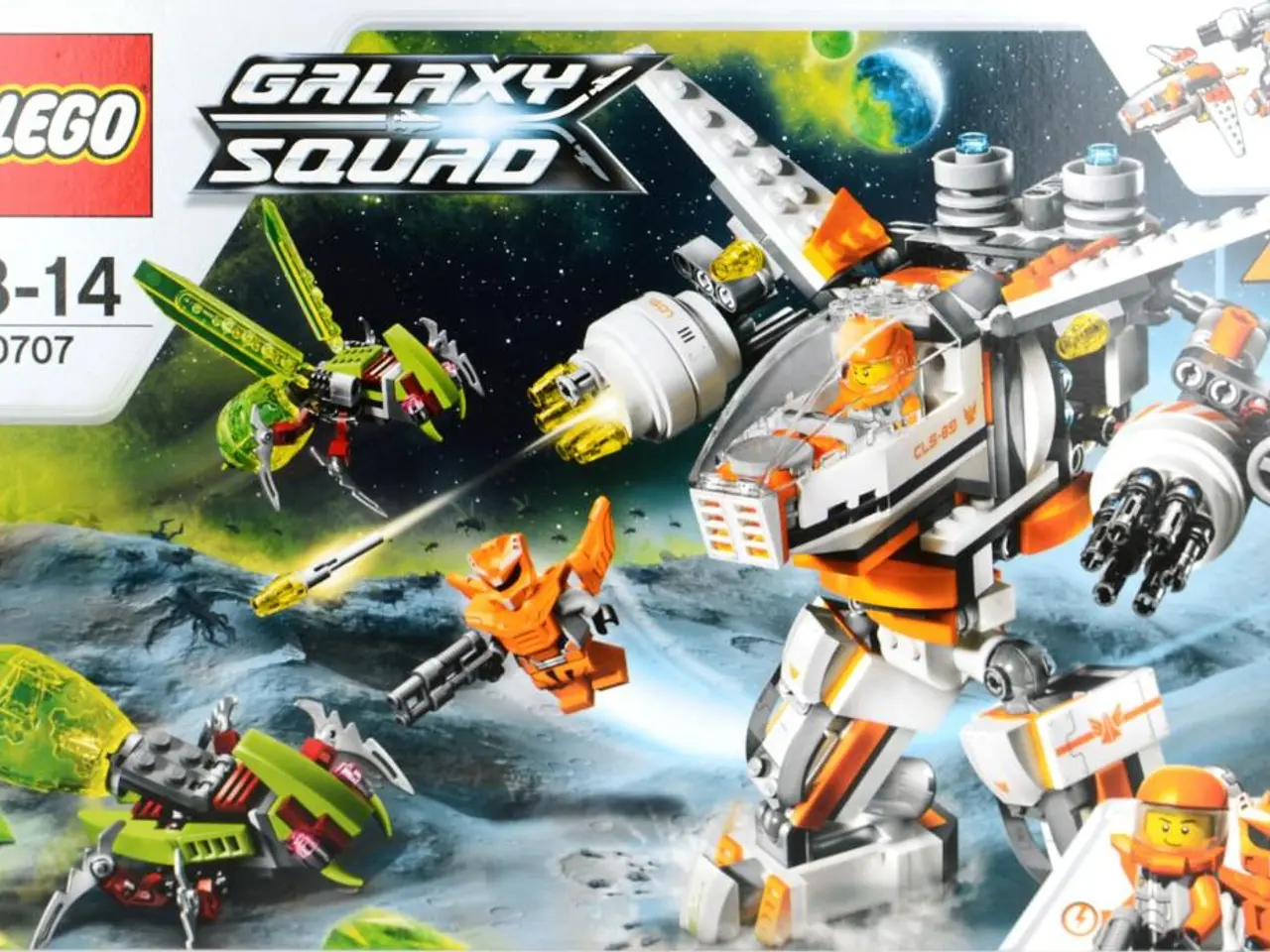AI-Driven Video Revolution in Entertainment: Reconfiguring Filmmaking with Artificial Intelligence Techniques
In the ever-evolving world of filmmaking, artificial intelligence (AI) is poised to reshape the landscape as we know it. AI-powered animation tools, like D-ID, are breathing life into still images generated by AI, marking a pivotal moment in the evolution of filmmaking.
Recent examples of AI-generated films are making waves in the industry. Netflix's Argentine show “El Eternauta” featured an AI-generated scene for the first time, with the platform implementing AI to handle complex visual effects, completing the scene 10 times faster and at a lower cost compared to traditional methods. Google DeepMind's experimental short film, “The Great Voyage,” is another notable example, inspired by vintage photographs from the 1800s and entirely AI-derived.
The annual Runway AI Film Festival (AIFF) showcases shorts created with AI assistance, with winners like Jacob Adler's “Total Pixel Space” being developed over a year by generating tens of thousands of AI images.
The creation of AI-generated films is a complex interplay of image-making models, video generation models, and animation tools. Concept and scripting may involve large language models, while visual generation uses AI models to create still images based on textual prompts or existing visual references. Animation and video synthesis transform these generated images into animated sequences, and post-production and effects handle complex VFX, scene compositing, and even de-aging actors. Music and sound can also be generated by AI.
Despite the potential benefits, the use of AI in filmmaking is not without challenges. The misuse of AI technology to create misleading or harmful content is a serious concern, and the use of copyrighted material in AI models' training datasets has sparked debate and legal challenges. Additionally, AI could potentially displace jobs in the film and advertising industries, requiring careful consideration.
As AI continues to advance, the future of filmmaking may involve a collaborative landscape between humans and AI, leading to a new wave of hybrid films. Companies like Waymark are already using AI to create customized video ads for businesses of all sizes, democratising the filmmaking process and enabling anyone with a story to tell to create high-quality video content.
One such entirely AI-generated film is “The Frost,” a 12-minute film produced by Waymark and entirely generated by OpenAI's DALL-E 2. Captivating and unsettling, with a distinct "artificiality" due to its AI origins, it serves as a testament to the diverse capabilities of AI-generated films.
References: [1] https://www.netflix.com/tudum/en/articles/ai-powered-filmmaking-in-el-eternauta-season-2 [2] https://deepmind.com/research/projects/the-great-voyage [3] https://runwayml.com/blog/ai-film-festival [4] https://www.runwayml.com/blog/ai-film-festival-winner-total-pixel-space-by-jacob-adler
- The future of entertainment, particularly in movies and TV, will likely be influenced significantly by the development of artificial intelligence (AI), as AI-powered tools like D-ID become more sophisticated and commonplace in the filmmaking industry.
- AI technology is already changing the landscape of film production, as demonstrated by projects like Google DeepMind's "The Great Voyage" and Netflix's "El Eternauta," which showcase the capabilities of AI in handling complex visual effects and generating scenes more efficiently and cost-effectively.
- As AI continues to advance, the relationship between humans and AI in filmmaking could shift towards a collaborative dynamic, leading to the creation of hybrid films that combine human creativity with AI's unique capabilities, potentially democratizing the filmmaking process for artists of all kinds.




